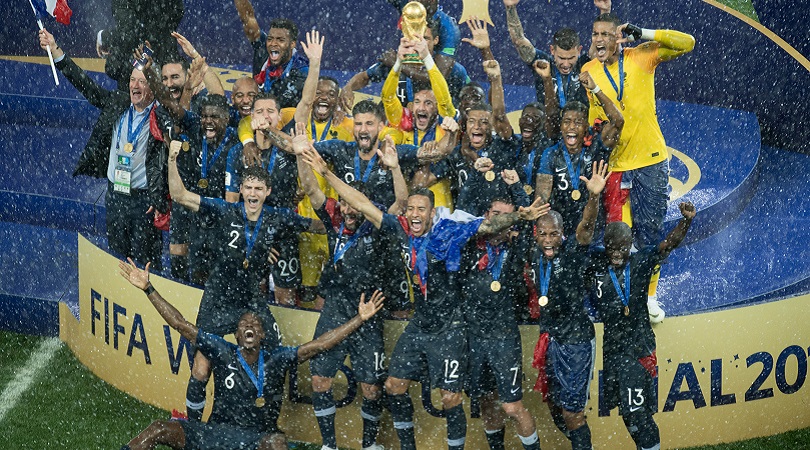
10 things we'll remember
The 64th and final match of the World Cup took place on Sunday, with France's 4-2 victory over Croatia earning them the trophy for the first time since they hosted the tournament in 1998. But what will we remember from Russia 2018 in years to come? Click away to view our 10 picks.
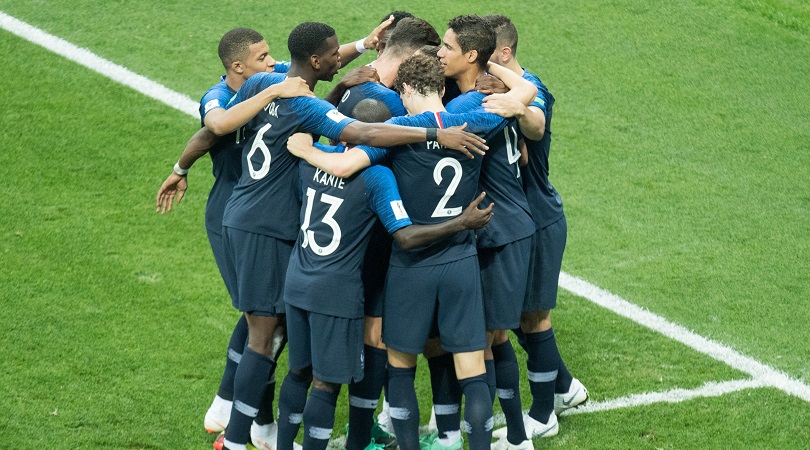
France’s first success on foreign soil
Two decades on from their maiden World Cup triumph, France won the tournament for the second time in their history with a 4-2 victory over Croatia. It was a strange final and Les Bleus’ attacking performance wasn’t as convincing as the scoreline may suggest, but it’s hard to begrudge them their triumph after six wins in Russia.
France’s squad was widely regarded as one of the most talented in the competition before the big kick-off, but there were considerable doubts over Didier Deschamps’ ability to mould the individuals at his disposal into a well-functioning collective. France didn’t always dazzle going forward, but the manager deserves credit for fashioning a coherent unit adept at holding opponents at arm’s length.
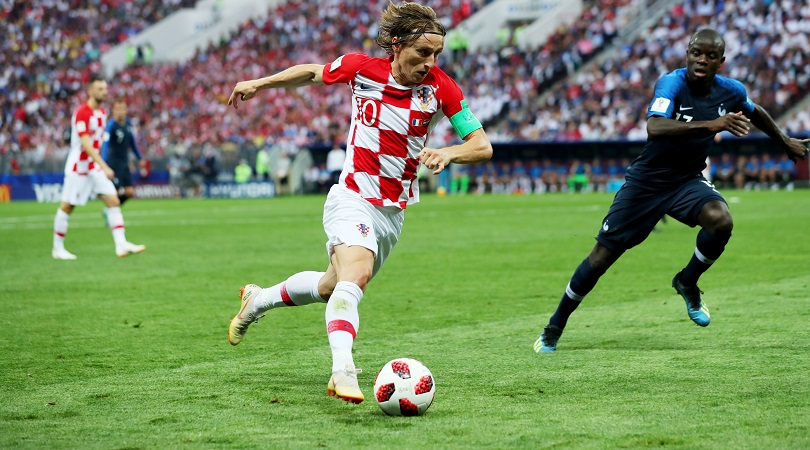
Modric helps Croatia make history
The last World Cup winner to also scoop the Player of the Tournament award was Romario in 1994. Since then, Ronaldo, Oliver Kahn, Zinedine Zidane, Diego Forlan, Lionel Messi and now Luka Modric have all been handed the prize despite failing to win the competition.
Regardless of the outcome on Sunday, the Real Madrid man was a worthy recipient of the Golden Ball. Modric starred in the group stage as Croatia took nine points from a possible nine, before helping his side past Denmark, Russia and England in the knockout rounds. Glory ultimately eluded the Vatreni, but their captain was again one of their better performers in the final.
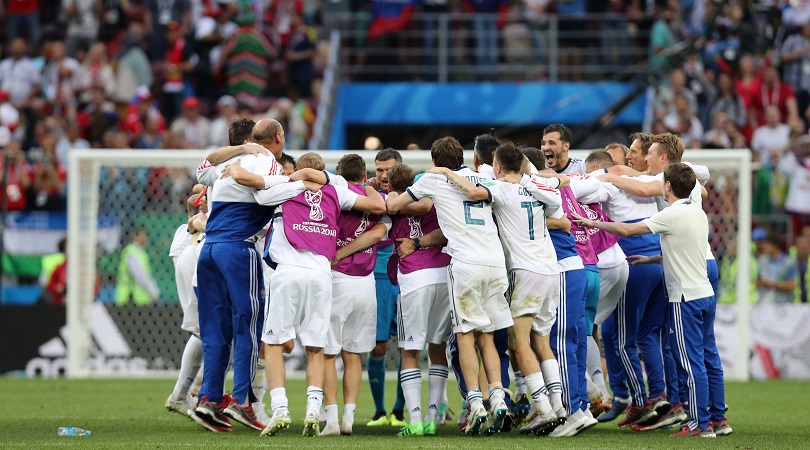
Russia confound the doubters
Pre-tournament predictions that Russia would be the worst host nation in history were soon made redundant, as Stanislav Cherchesov’s charges comfortably qualified from Group A ahead of Saudi Arabia (thrashed 5-0) and Egypt (beaten 3-1).
Russia’s run looked certain to come to an end against Spain in the last 16, particularly after Sergei Ignashevich turned the ball into his own net early on. Yet they fought back to level through Artem Dzyuba, before triumphing on penalties after Igor Akinfeev denied Koke and Iago Aspas. Russia may have bowed out in another shoot-out against Croatia in the quarter-finals, but reaching the last eight was a huge achievement for this team.
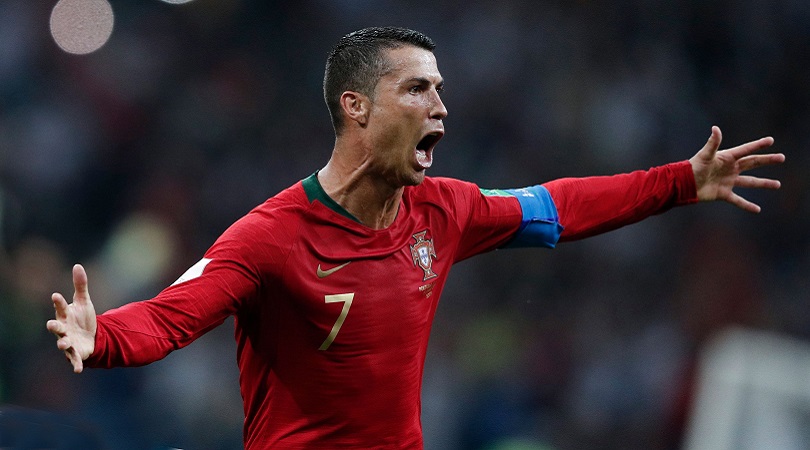
Ronaldo's hat-trick vs Spain
The tournament exploded into life on day two, Spain and Portugal played out a thrilling 3-3 draw. La Roja were the better team for much of the match, but a stunning hat-trick from Cristiano Ronaldo stole the headlines.
Ronaldo opened the scoring from the penalty spot after being fouled by Nacho, before later edging Portugal 2-1 in front after an uncharacteristic error from David de Gea. Spain fought back to go 3-2 ahead, but Ronaldo’s sublime 88th-minute free-kick restored parity once more. It wasn’t just the goals, either: the 33-year-old also impressed with his link-up play and ability to lead counter-attacks.
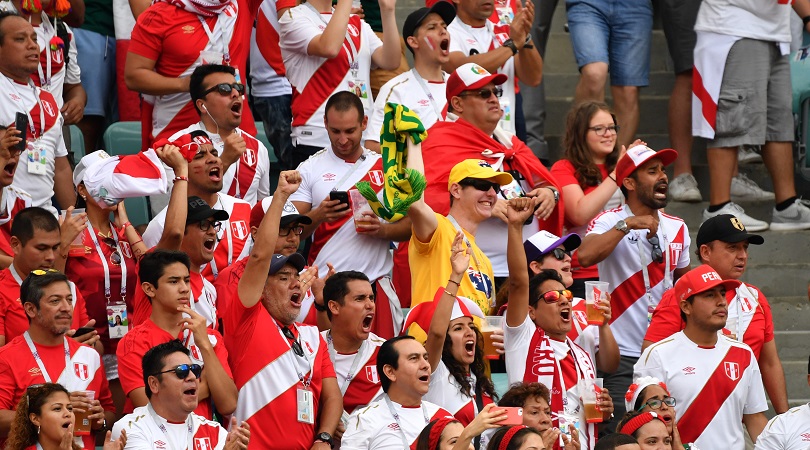
South American fans outdo South American teams
Argentina and Colombia were particularly well represented in Brazilian stadiums four years ago, and it was South American supporters who again provided much of the colour, noise and joie de vivre in Russia. The continent’s rising middle class means increasing numbers can afford to travel abroad to follow their national teams, with Peruvians, Colombians, Uruguayans, Brazilians and Argentines duly filling the streets and stands of Moscow, Saint Petersburg and beyond this June and July.
Unfortunately for fans of those nations, this was another tournament dominated by Europe; six of the eight quarter-finalists were UEFA teams. Indeed, seven of the last eight finalists have been European, with Argentina the sole exception in 2014.
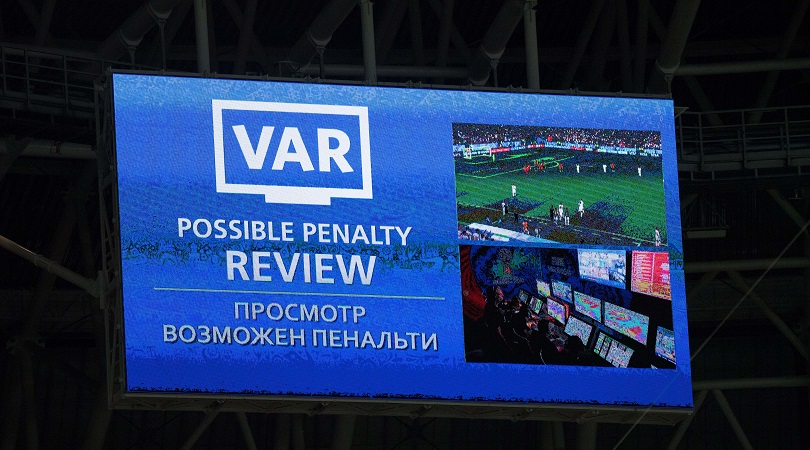
VAR. What is it good for?
Quite a lot, as it happens. The consensus before the tournament was that FIFA had taken a major risk by authorising the use of VAR at this summer’s World Cup, but fears that match officials weren’t ready for its introduction proved unfounded. Granted, the technology didn’t completely remove controversy from the equation, but that was never a realistic ambition and there were multiple examples of its merits.
Most importantly of all, it didn’t unduly disrupt the flow of the game. There were doubters, of course, and it was notable that there were far fewer referrals in the knockout phase, at least until France were awarded a penalty for handball in the final. Overall, though, VAR was a success.
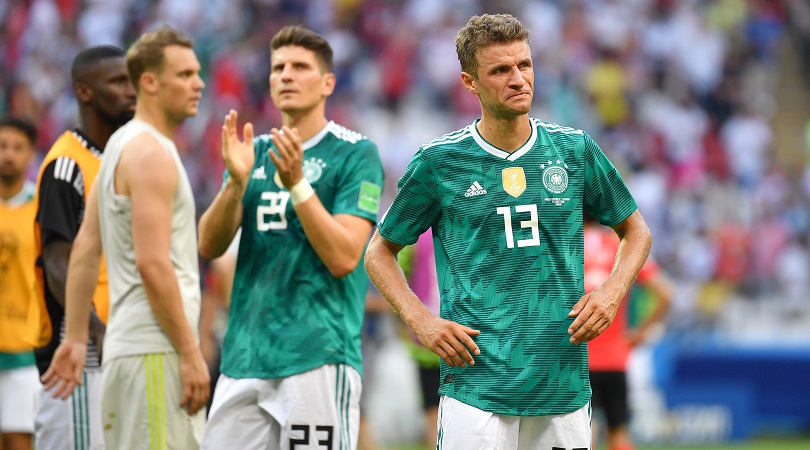
Germany fall at the first hurdle
Before this summer, three of the last four defending champions crashed out at the group stage (France 2002, Italy 2010, Spain 2014), but it was presumed that Germany would be immune to that trend. This, after all, is a nation who managed to reach the final in 2002 with one of the worst teams in their history.
As it turned out, even the Mannschaft couldn’t avoid the holders curse. A disastrous first half against Mexico led to a 1-0 defeat in their opening game, before Toni Kroos’ fantastic free-kick in second-half stoppage time earned Germany a reprieve – and a 2-1 win – against Sweden. Needing a victory over South Korea to reach the last 16, Joachim Low’s side lost 2-0.
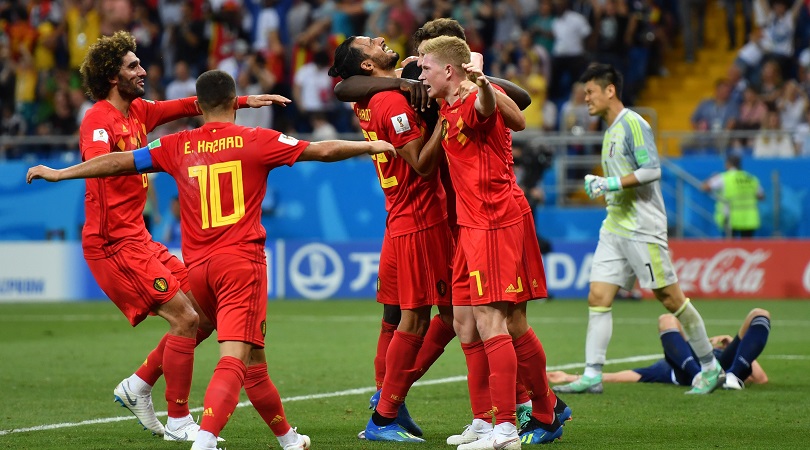
Belgium’s comeback against Japan
Despite their undoubted attacking quality – Eden Hazard was one of the standout performers in Russia, while Romelu Lukaku was (with respect to Harry Kane) arguably the foremost centre-forward – Belgium always looked vulnerable defensively in Russia. Tunisia scored twice against them in the group stage, and Brazil created numerous chances as they sought an equaliser in the quarters.
It was in the last 16 when their frailties were almost fatally exposed, though. After an even first half, Japan scored twice in quick succession to leave Roberto Martinez’s on the brink of a premature departure. Jan Vertonghen and Marouane Fellaini struck to level the scores, before Nacer Chadli rounded off a superb counter-attack to complete the best comeback of the tournament in the last minute.
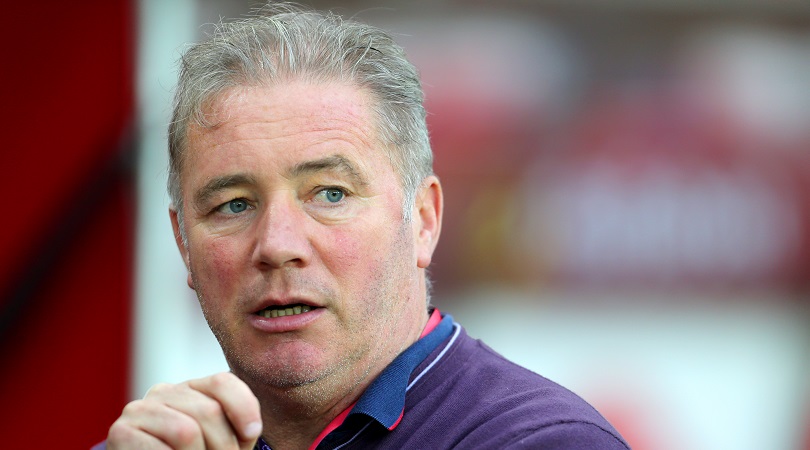
Russian history with Ally McCoist
Jon Champion and Ally McCoist were the star pair in the commentary box this summer, with the latter’s interludes about the history and culture of the city the pair were broadcasting from a particular highlight. As well as insights into Stalin’s summer house in Sochi and the literary qualities of Maxim Gorky, we were treated to one of the all-time great World Cup co-commentary lines during Colombia’s 3-0 victory over Poland.
“Kazan’s unbelievable, Jon,” McCoist gushed in the first half. “If you put me in a corner and nailed me, it’s probably my favourite place on the trip so far. It’s come a long way since it fell to Ivan the Terrible in 1552.”
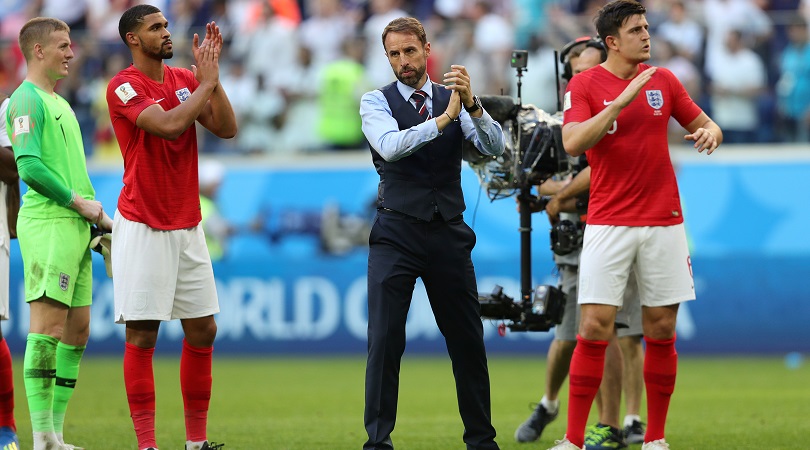
The summer football came home (kind of)
You’ve probably already read plenty on the debate over whether the ‘It’s coming home’ phenomenon was arrogant or tongue-in-cheek, so we won’t go into that here. What can be said with certainty is that, despite their ultimate failure to go all the way, this World Cup saw a reunion between the England national team and the public back home.
Much of the credit must go to Gareth Southgate, whose dignity and humility has shone through over the last few weeks. And it’s not just his personal traits that have helped bring fans back on side: the former Middlesbrough boss has imbued the England team with a clear identity and style of play based on modern footballing principles, all while promoting youth and refusing to bow to so-called big names.
Greg Lea is a freelance football journalist who's filled in wherever FourFourTwo needs him since 2014. He became a Crystal Palace fan after watching a 1-0 loss to Port Vale in 1998, and once got on the scoresheet in a primary school game against Wilfried Zaha's Whitehorse Manor (an own goal in an 8-0 defeat).
 Join The Club
Join The Club











